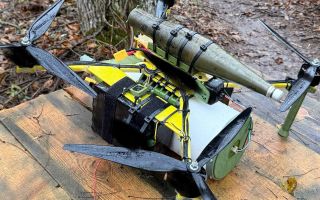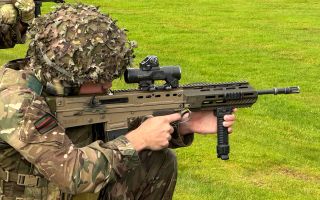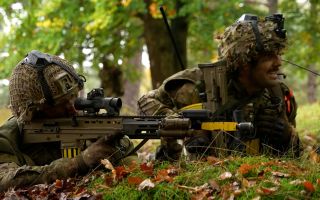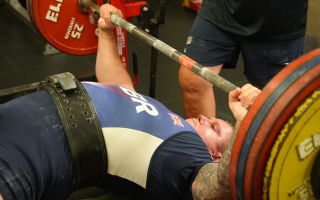More cadets than soldiers as Govt invests millions in military youth organisations
There are now more young people in the UK's Cadet Forces than there are soldiers in the British Army.
And with the MOD setting more ambitious growth targets for cadets than for regular Armed Forces recruitment, their role in UK defence is firmly in the spotlight.
BFBS Forces News recently embedded with Humberside and South Yorkshire Army Cadet Force to see how it is preparing youngsters for futures both in and out of the military.
Training the next generation
The Cadet Forces – made up of the Sea Cadet Corps, the Army Cadet Force, the Air Training Corps and the Combined Cadet Force – are open to children from the age of 12.
They are designed to build confidence, teach leadership and resilience, and provide opportunities for adventure through training and outdoor activities.
On exercise in Cumbria, cadets and adult volunteers were practising fieldcraft: occupying a harbour area, maintaining all-round defence and carrying out section-level manoeuvres.
The lessons were strikingly similar to those delivered to Phase One trainees at places like the Infantry Training Centre (ITC) or Pirbright. In fact, ITC even provided an instructor – a corporal who normally trains adult soldiers – to keep an eye on standards.
While the youngsters patrolled in Army fatigues, they each carried a cadet variant of the SA80 rifle known as the SA80 L98 and conducted themselves with professionalism – mirroring the standards expected of their older, professional counterparts in the regular Army.
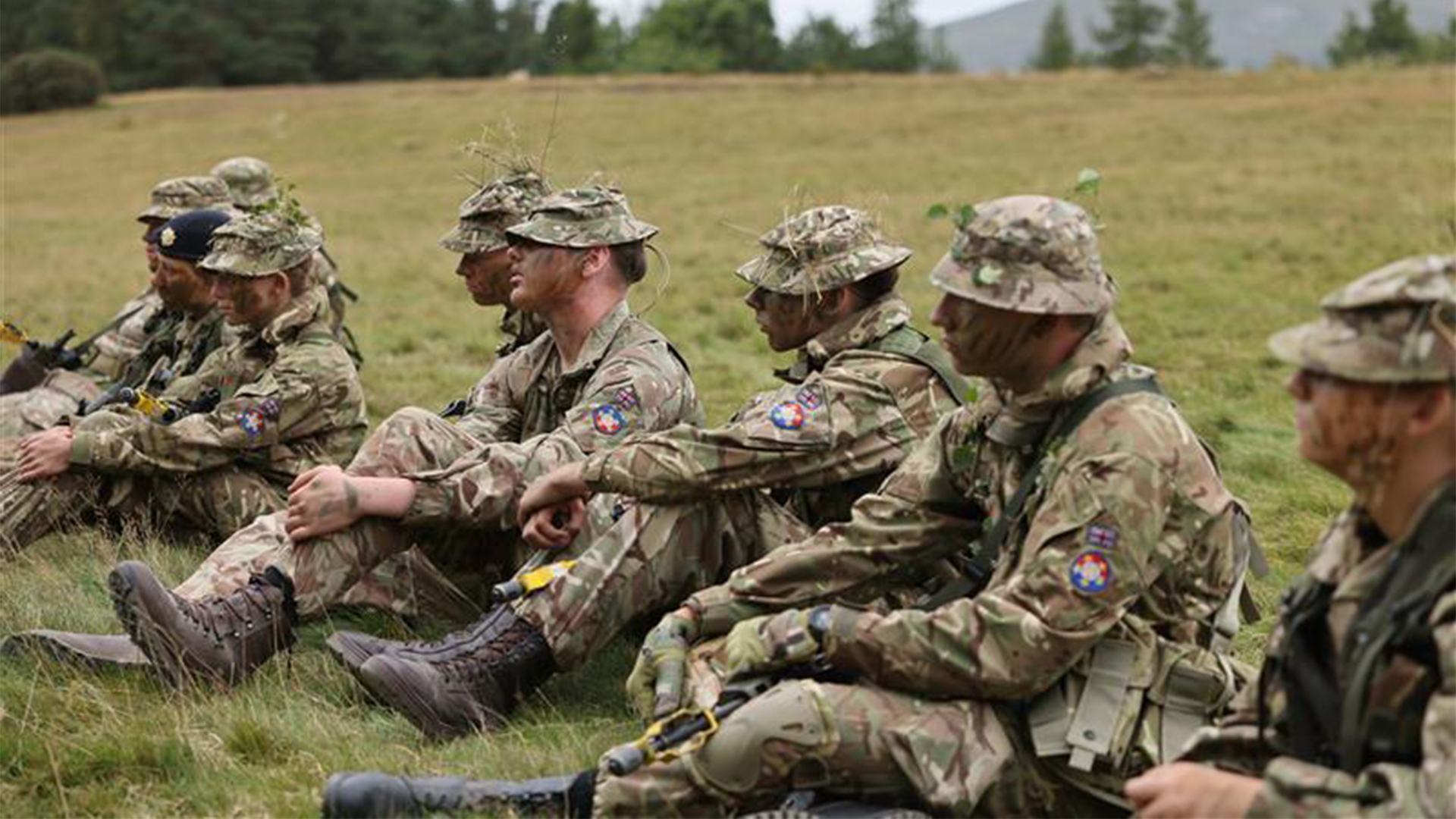
Beyond the beret
For some teenagers, Cadets is simply about adventure and friendship. But for others, it is the first step on a career path in uniform.
One of those is 16-year-old Alfie, who is about to leave the Cadets to join the Army as a Phase One recruit.
"I've got my place at the Army Foundation College in Harrogate, so I'm going there in a couple of weeks. I'm glad I can start work doing the job I've wanted to do since I was nine years old," he said.
Asked what skills would help him in training, Alfie – who hopes to join the Royal Engineers – pointed to discipline and routine, the ability to get out of bed early and being able to iron his uniform correctly.
He added: "When it comes to keeping your bed space tidy, it's one of the main things we do here."
But not all cadets see it as a route into the forces. Many stress they have no interest in serving, instead viewing the organisation as a way to gain confidence and transferable skills.
One such cadet is 17-year-old Deyvi, who wants a career in business. "The skills definitely transfer into any field," the Cadet Sergeant Major said.
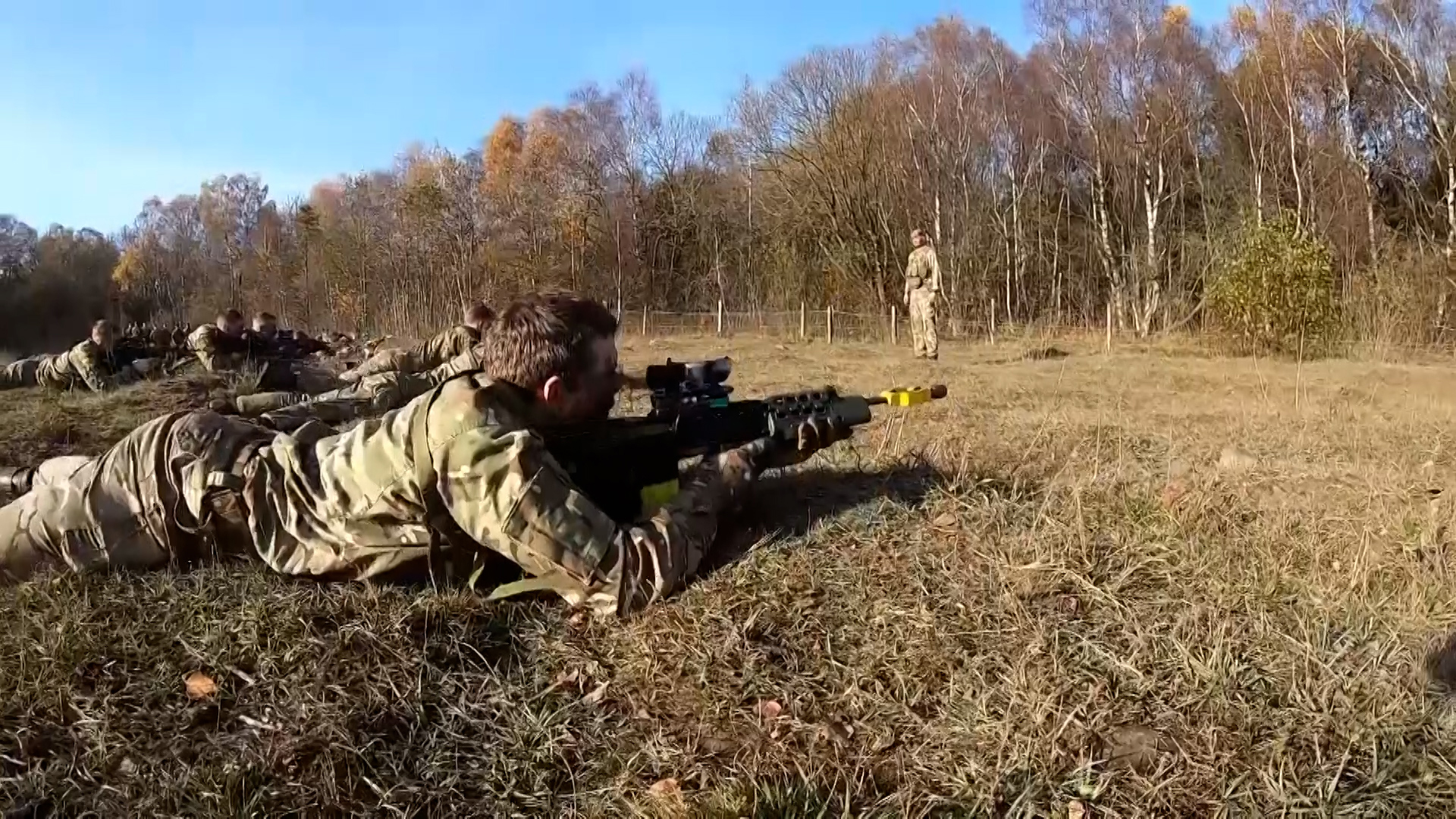
A return on investment
Simon Banks-Cooper, a businessman and honorary colonel in the ACF, spends much of his time speaking to employers about the value cadets bring to the workplace.
He says that for every pound invested in organisations like the ACF, society sees a four-fold return.
The Government recently announced £70m of new funding to help the Cadet Forces expand significantly over the coming years.
Responding to the news, Col Banks-Cooper said: "The Cadet Force has been around for 166 years now, and a lot of people are very familiar with it visually, but don't understand how it's evolved and what it is that it actually delivers.
"It is absolutely wonderful to finally see the recognition of the whole-of-society value that the Cadet Force delivers."
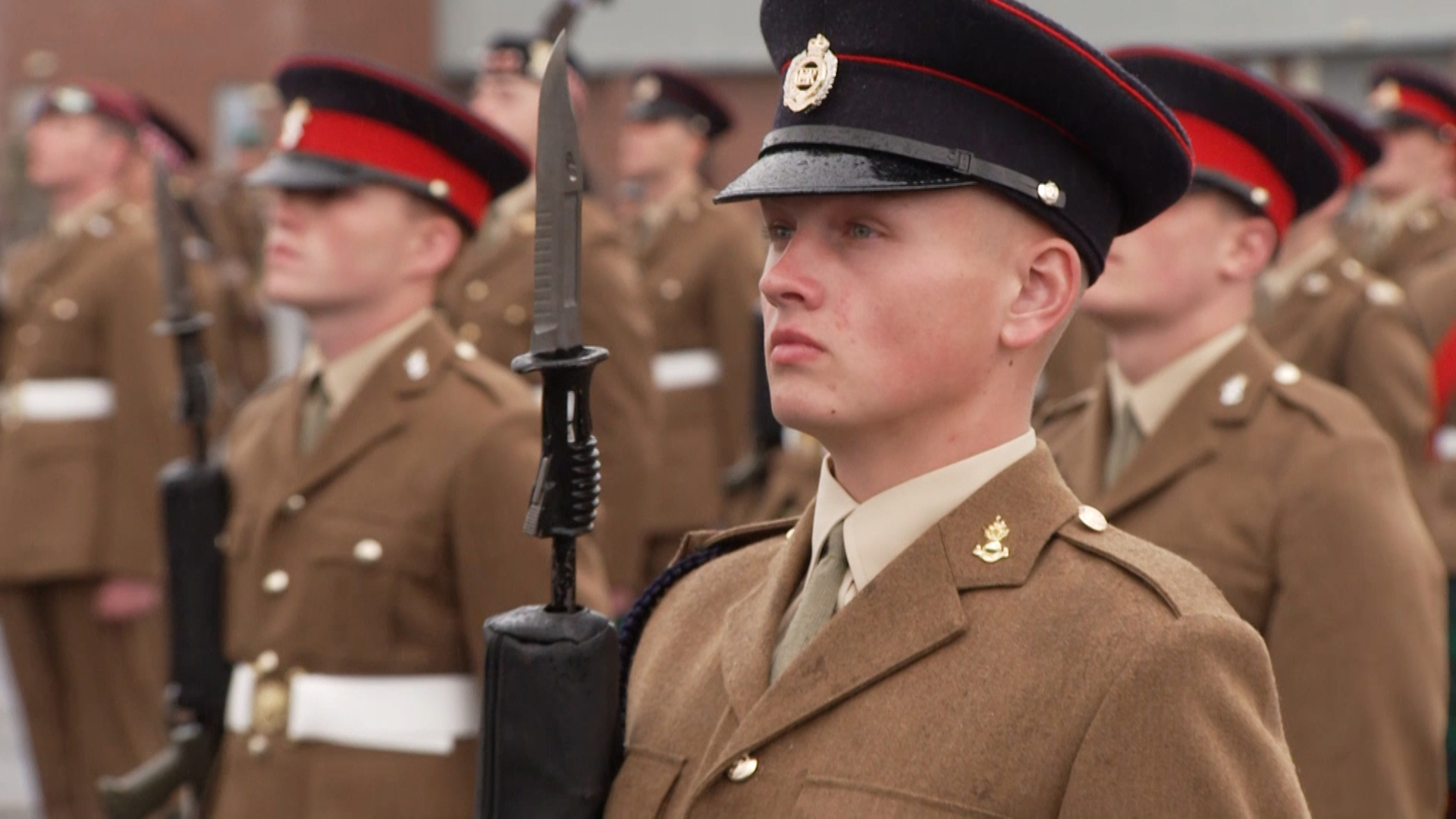
Formal recognition in defence
The link between Cadets and the Armed Forces is longstanding.
Many professional soldiers serving today first wore cadet berets and say it gave them a head start.
BFBS Forces News spoke to four recent joiners who said their time as cadets helped them settle into military life.
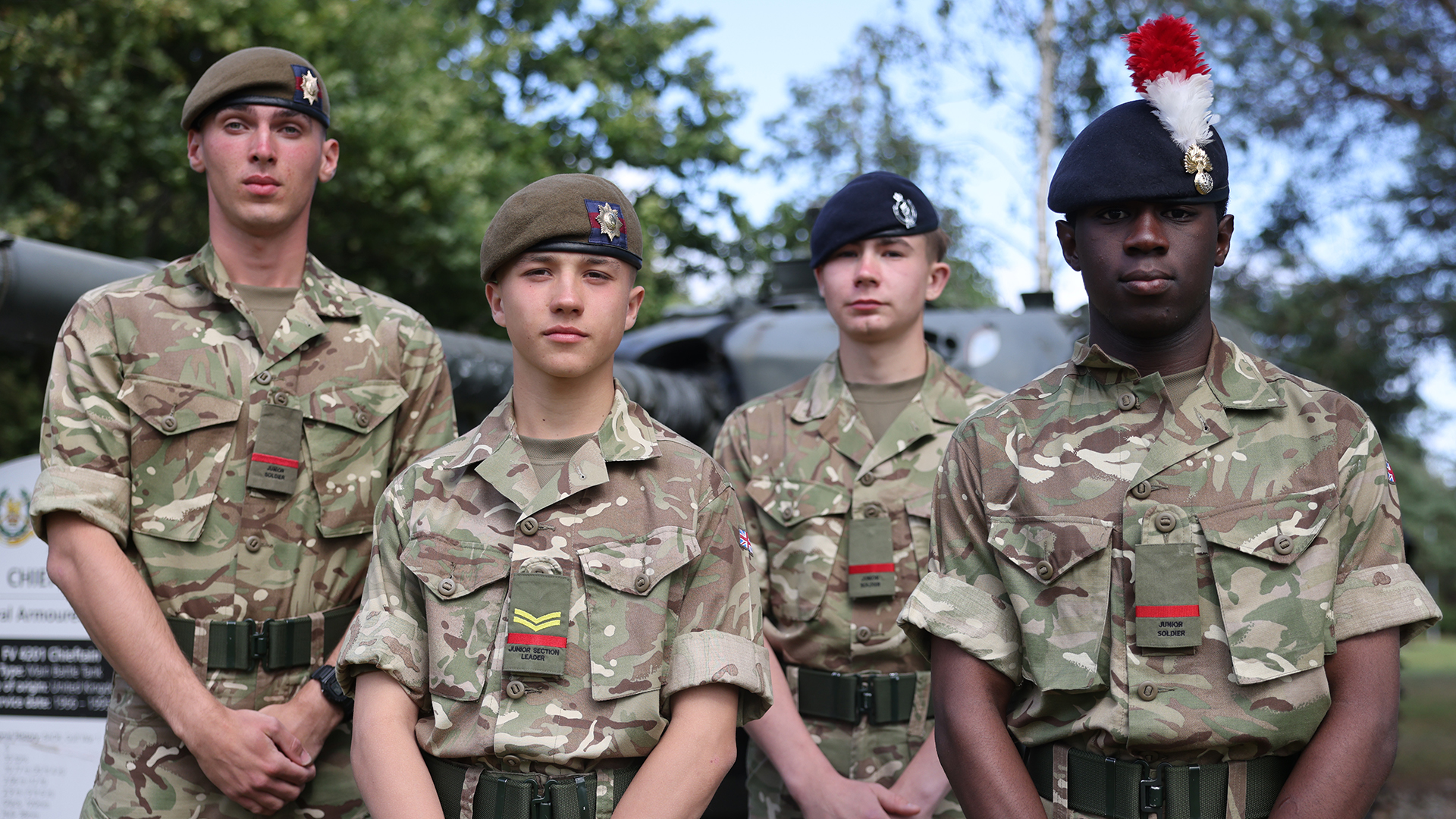
But the relationship has now been formalised. For the first time, Cadet Forces were explicitly included in the Government's Strategic Defence Review – confirmation of their role in the wider defence landscape and recognition that today's cadets could one day contribute to UK defence objectives.
Announcing the funding, Veterans Minister Al Carns said the initiative would help young people discover their potential regardless of background.
"The cadet experience doesn't just build character – it transforms futures, helping young people build confidence, develop skills and meet new people," he said.

